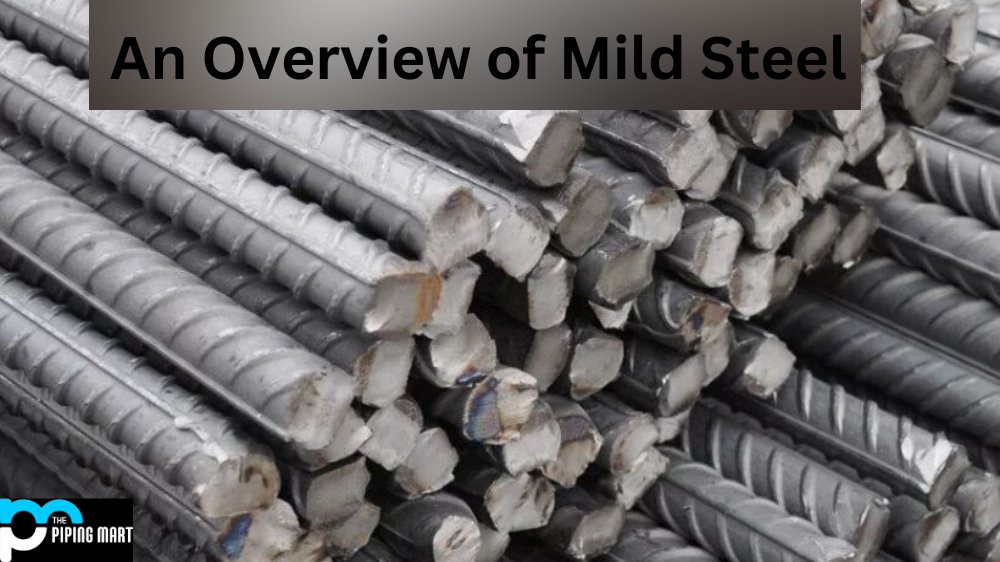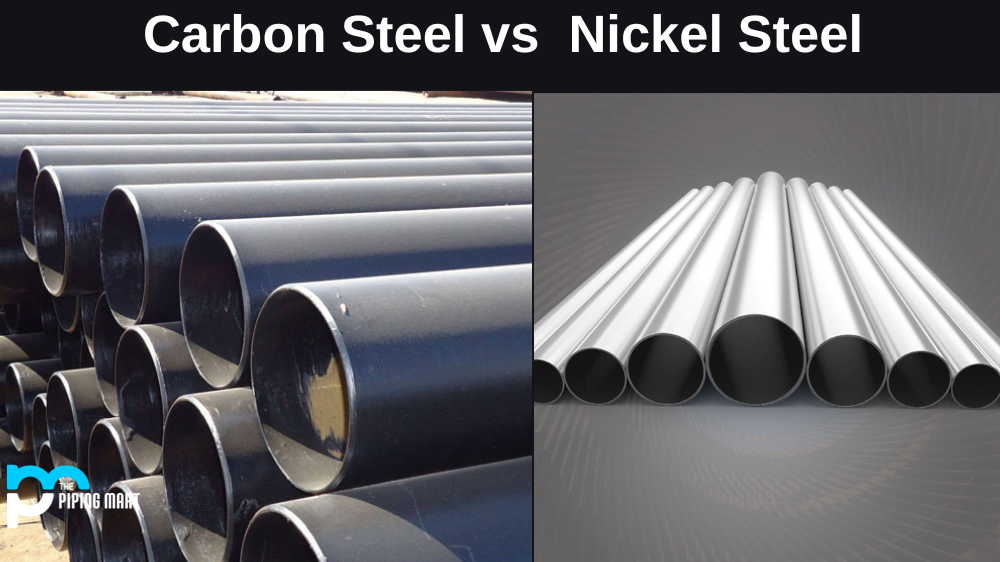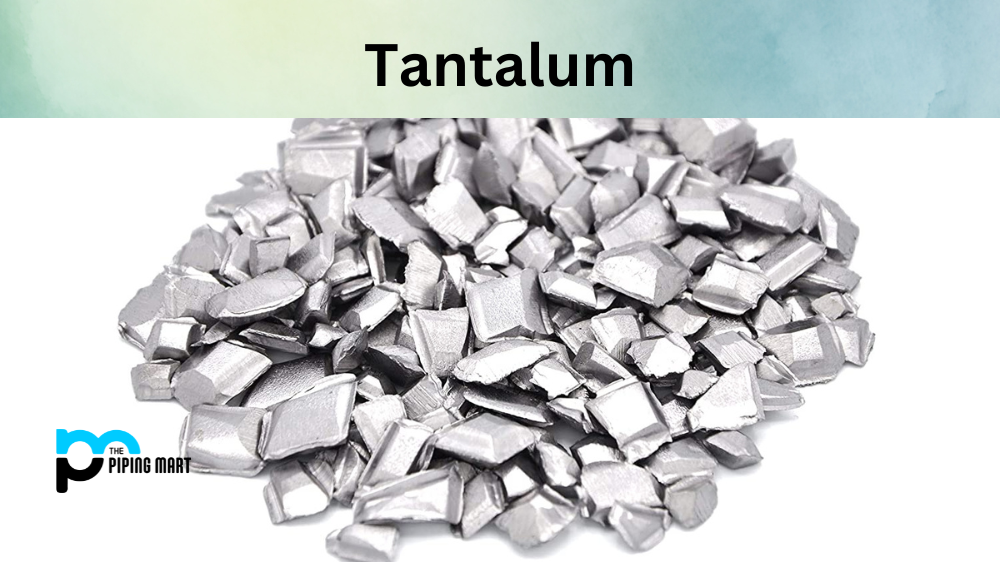When buying new jewelry, you often have two options – nickel or steel. However, what are the differences between these two metals, and which should you choose? In this blog post, we will explore the differences between nickel and steel so that you can make an informed decision about purchasing jewelry.
Difference Between Nickel and Steel
The main difference between nickel and steel is that nickel is a metal alloy of elements such as iron, chromium, and manganese, while steel is an iron alloy with a small amount of carbon. This means that nickel has a higher melting point than steel and is more malleable. As a result, it is more often used in jewelry making because it is less likely to break or chip than steel.
However, there are also some downsides to using nickel in jewelry making. For instance, it can cause skin irritation in some people due to its high content of allergenic metals such as chromium and cobalt. This means that if you’re sensitive to metals, then you should avoid wearing nickel-based jewelry altogether. On the other hand, steel does not contain any allergenic metals and, therefore, won’t cause any skin irritation or allergic reactions for those with sensitive skin.
That being said, nickel also has some advantages in jewelry making. For example, nickel is incredibly durable and resistant to corrosion, making it ideal for everyday wear, such as rings or necklaces. It also has a unique shine, making it great for more ornate pieces like statement earrings or bracelets. Lastly, because of its higher melting point compared to steel, it can be molded into intricate shapes without losing its shape or form over time.
Conclusion:
In conclusion, there are pros and cons when choosing between nickel or steel for your jewelry needs. Nickel is more malleable than steel but can cause skin irritation in those sensitive to certain metals. In contrast, steel does not contain any allergenic materials but may not be able to withstand everyday wear quite as well as nickel-based pieces can. Ultimately, the choice boils down to personal preference – so make sure to consider your style preferences before deciding which type of metal you want for your next piece of jewelry!
Meet Heer, a dynamic and driven writer learning tricks of her trade in the metal industry. With a background in Digital Marketing, Heer brings a unique perspective to her writing, sharing valuable insights. Apart from blogging she like reading and hiking.




